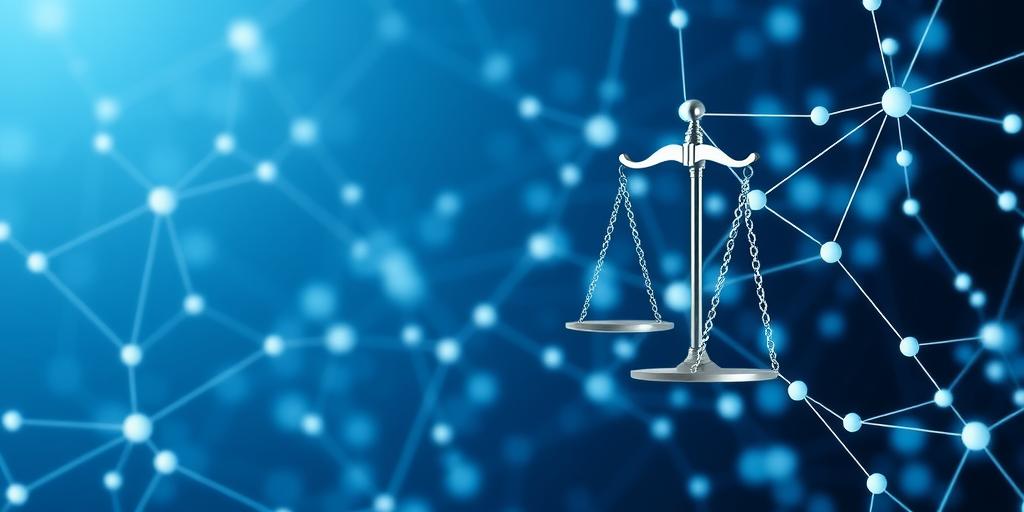Why Net Neutrality is Crucial for Digital Freedom and Equality
In today's interconnected world, the internet has become an indispensable tool for communication, education, commerce, and civic engagement. However, the principles that govern its operation are often overlooked, despite their profound impact on our digital lives. Net neutrality, the concept that all internet traffic should be treated equally, is one such principle. This article delves into the critical importance of net neutrality for maintaining digital freedom and ensuring equality in the online sphere.
What is Net Neutrality?
Net neutrality is the idea that Internet Service Providers (ISPs) should enable access to all content and applications regardless of the source, without favoring or blocking particular products, websites, or content. It ensures a level playing field where all online entities, from small startups to large corporations, have an equal opportunity to reach users.
The Core Tenets of Net Neutrality
- No Blocking: ISPs should not block access to any lawful content, applications, services, or non-harmful devices.
- No Throttling: ISPs should not slow down or degrade access to lawful internet traffic based on content, application, service, or device.
- No Paid Prioritization: ISPs should not create "fast lanes" for certain content or services in exchange for payment, thus disadvantaging others.
Why Net Neutrality Matters
Promotes Innovation:
Net neutrality allows new businesses and innovative ideas to flourish without the need to pay ISPs for preferential treatment. This fosters competition and drives technological advancement.
Ensures Freedom of Speech:
Without net neutrality, ISPs could censor or prioritize content based on their own interests or political affiliations, undermining freedom of speech and access to information.
Supports Economic Growth:
By preventing ISPs from favoring certain businesses, net neutrality supports a fair and competitive online marketplace, benefiting consumers and promoting economic growth.
Protects Democratic Values:
Net neutrality ensures that all voices have an equal opportunity to be heard online, which is essential for a healthy democracy.
Prevents Discrimination:
ISPs should not be able to discriminate against certain types of content or applications, ensuring that all users have equal access to the internet.
The Consequences of Losing Net Neutrality
Repealing net neutrality could lead to a fragmented internet where ISPs control what users can access and how quickly they can access it. This could result in:
- Higher Costs: ISPs could charge users more to access certain websites or services, creating a tiered internet where only those who can afford it have access to the full range of online content.
- Reduced Innovation: Startups and small businesses would struggle to compete with larger companies that can afford to pay for preferential treatment, stifling innovation and competition.
- Censorship: ISPs could block or throttle content that they disagree with, limiting access to information and undermining freedom of speech.
- Digital Divide: The gap between those who have access to high-speed internet and those who do not could widen, further disadvantaging marginalized communities.
The Ongoing Debate
The debate over net neutrality has been ongoing for years, with proponents arguing that it is essential for preserving the open and democratic nature of the internet, while opponents claim that it stifles investment and innovation. The reality is that net neutrality is not just a technical issue; it is a fundamental question of how the internet should be governed and who should have control over it.
Conclusion
Net neutrality is a cornerstone of digital freedom and equality. By ensuring that all internet traffic is treated equally, it promotes innovation, protects freedom of speech, supports economic growth, and prevents discrimination. As we continue to rely on the internet for more and more aspects of our lives, it is crucial that we defend net neutrality and ensure that the internet remains a level playing field for all.









